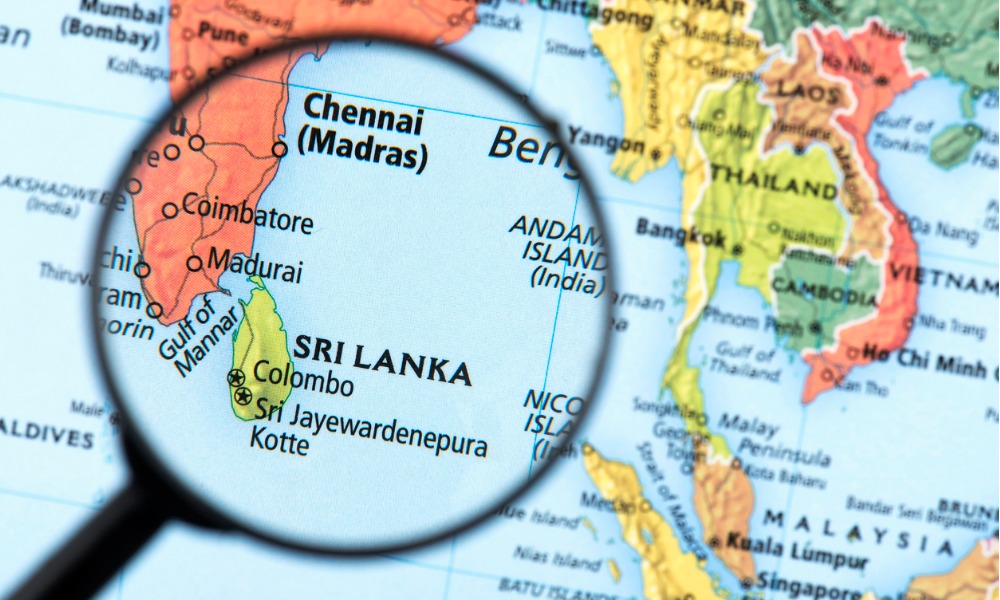
Officer's failure to consider objective, corroborating evidence of risk unreasonable: Federal Court

The Federal Court has overturned a decision rejecting an application for a pre-removal risk assessment (PRRA) filed by a Sri Lankan man whose life may be at risk due to his alleged ties to a militant separatist organization in Sri Lanka.
In Shanmugarajah v. Canada (Citizenship and Immigration), 2022 FC 1502, the applicant is a Sri Lankan national of Tamil ethnicity from the North. Facing removal from Canada, he applied to the Minister of Citizenship and Immigration for a PRRA. He claimed that he fears mistreatment by Sri Lankan authorities due to perceived ties to the Liberation Tigers of Tamil Eelam (LTTE), stemming from his brother allegedly interacting with LTTE supporters in early 2010 and his profile as a returning failed asylum claimant.
However, the senior immigration officer of the Humanitarian Migration Office found that the applicant would not be subject to the risk of persecution, torture, risk to life, or the risk of cruel and unusual treatment or punishment if returned to Sri Lanka and, therefore, rejected his PRRA. The applicant then applied for a judicial review of the officer’s decision with the Federal Court.
The Federal Court granted the application for judicial review and set aside the officer’s decision. It also remanded the matter back to a differently constituted decision-maker for redetermination.
The applicant argued that the officer’s failure to consider the objective and corroborating evidence of risk was unreasonable, particularly in light of his perceived links to the LTTE. The court agreed.
According to the court, the applicant correctly referred to its rulings in Ramasamy v Canada (Citizenship and Immigration) and Rasalingam v Canada (Citizenship and Immigration) to support his argument that in ascertaining a risk of persecution, an applicant does not need to show a “personalized risk” but instead that they are part of a persecuted group.
In Ramamsamy, the court ruled that to establish the risk of persecution, an applicant does not have to demonstrate a ‘personalized risk,’ but can establish that they belong to a group that is persecuted or that is likely to be.
While in Rasalingam, the court held that the applicant did not need to present objective country condition evidence that he would face targeted risks if sent back to Sri Lanka. Instead, personal risks can be inferred by circumstantial evidence by the fact he is a member of a group that is being targeted.
The court also considered the ruling in Kanthasamy v Canada (Minister of Citizenship and Immigration), where the Supreme Court of Canada held that direct evidence is not necessary to establish the risk of discrimination and related hardship.
Given these principles, the court ultimately found it unreasonable for the officer to require direct or corroborative evidence, as the officer did multiple times on multiple issues throughout the decision.
“In my respectful view, the applicant has established the officer’s decision was unreasonable in its assessment of risk posed to members of the group with which the applicant identifies,” Justice Henry Brown wrote. “Therefore, the application for judicial review must be granted.”